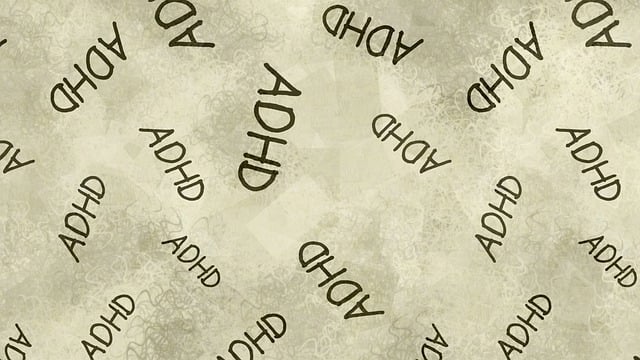Civil commitment, a cornerstone of mental health law, allows for the safe confinement of individuals posing risks to themselves or others, initiated by emergency detention and court hearing. Mental health professionals evaluate and diagnose, while attorneys ensure procedural fairness. Collaboration balances public safety with individual rights. Individuals facing commitment have specific rights, requiring support from networks including legal aid and advocacy groups that provide resources and education on mental health law.
In the intricate landscape of mental health care, civil commitment stands out as a significant legal process. This article delves into the nuances of civil commitment from a mental health law perspective, shedding light on its understanding and implications. We explore key players involved, focusing on their roles in this complex procedure. Furthermore, we highlight the rights and support mechanisms available for individuals navigating these proceedings, emphasizing the importance of comprehensive legal assistance in safeguarding their interests under mental health law.
- Understanding Civil Commitment: A Mental Health Law Perspective
- Key Players and Their Roles in the Process
- Rights and Support for Individuals Involved in Civil Commitment Proceedings
Understanding Civil Commitment: A Mental Health Law Perspective

Civil commitment, a crucial aspect of mental health law, involves the legal process of confining individuals who may pose a danger to themselves or others in a controlled environment. It’s a complex procedure that requires a delicate balance between protecting public safety and respecting individual autonomy. Under mental health law, qualified professionals, such as psychiatrists or licensed clinical social workers, evaluate individuals to determine if they meet the legal standards for civil commitment.
This process often begins with an emergency detention, followed by a court hearing where the state must prove the individual’s dangerousness and lack of alternative treatment options. Once committed, individuals are typically placed in secure treatment facilities where they receive comprehensive care, including therapy, medication management, and support services aimed at stabilising their mental health and reducing risks to themselves or society. Understanding these legal processes is essential for both those seeking help and professionals navigating the complexities of mental health law.
Key Players and Their Roles in the Process

In navigating civil commitment legal processes, several key players emerge, each with distinct roles defined by the intricate web of mental health law. The process begins with mental health professionals who play a pivotal role in evaluating and diagnosing individuals suspected of meeting the criteria for involuntary commitment. Their expert opinions are crucial in initiating the legal proceedings, providing insights into the individual’s condition, prognoses, and potential risks to themselves or others.
Next, attorneys, specializing in mental health law, step in to represent both the committed individual and the committing entity. These legal experts guide their clients through the complex legal framework, ensuring procedural fairness and advocating for their rights. They prepare and file necessary documents, argue cases in court, and help interpret applicable laws and regulations. The collaboration between professionals and attorneys is essential for a just outcome, balancing public safety with the individual’s constitutional rights under mental health law.
Rights and Support for Individuals Involved in Civil Commitment Proceedings

In civil commitment proceedings, individuals facing potential restraint or treatment under mental health laws have specific rights and are entitled to support throughout the process. These include the right to legal representation, ensuring they understand the charges and potential consequences against them, and access to mental health professionals who can advocate for their care preferences. Support systems play a crucial role in guiding these individuals through what can be complex and emotionally challenging situations.
Families, friends, and legal aid organizations often serve as vital support networks. They help navigate the legal landscape, offer emotional backing, and ensure compliance with procedural requirements. Additionally, mental health advocacy groups provide resources and educate both clients and their support systems about their rights under mental health laws, fostering a better understanding of the civil commitment process.














